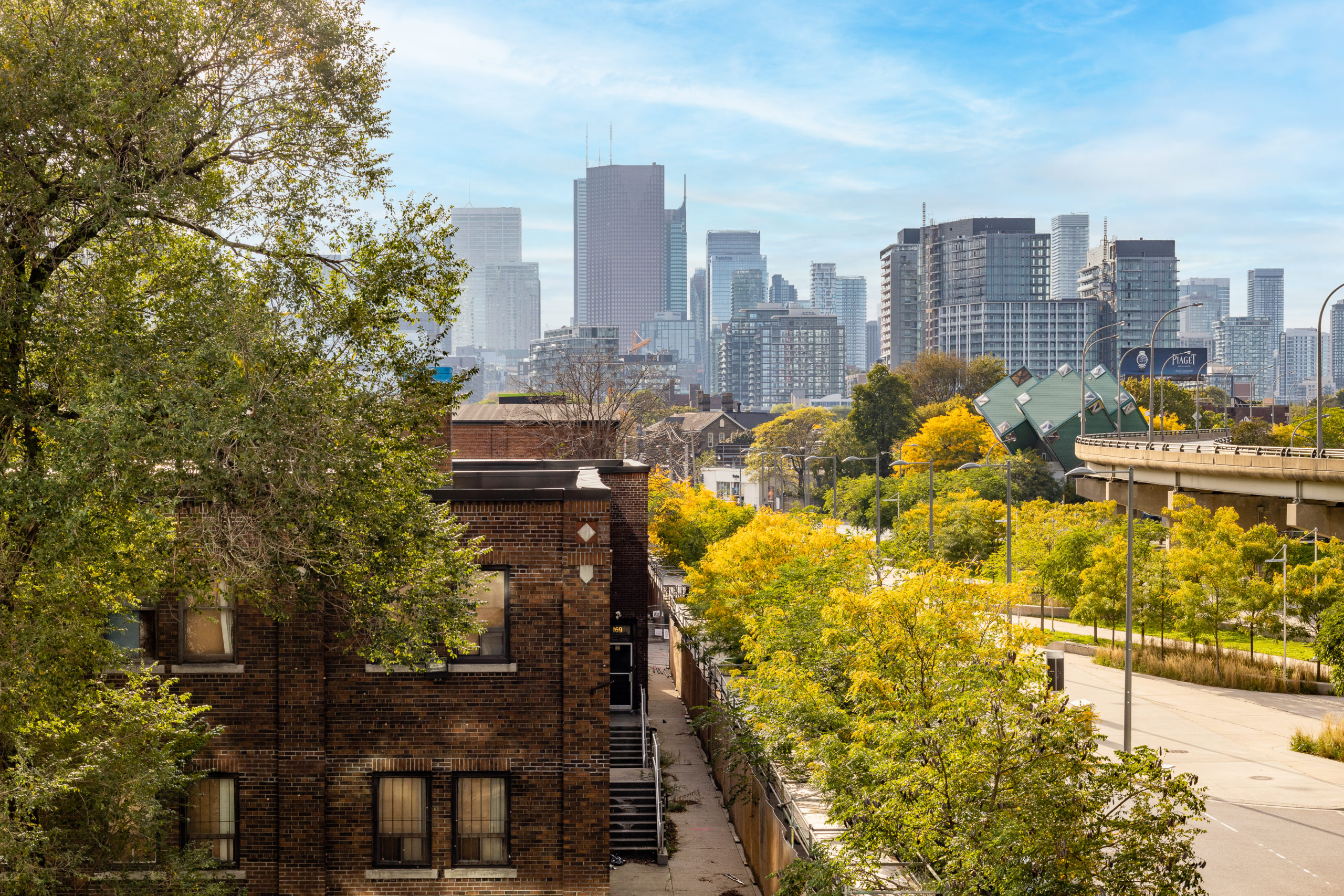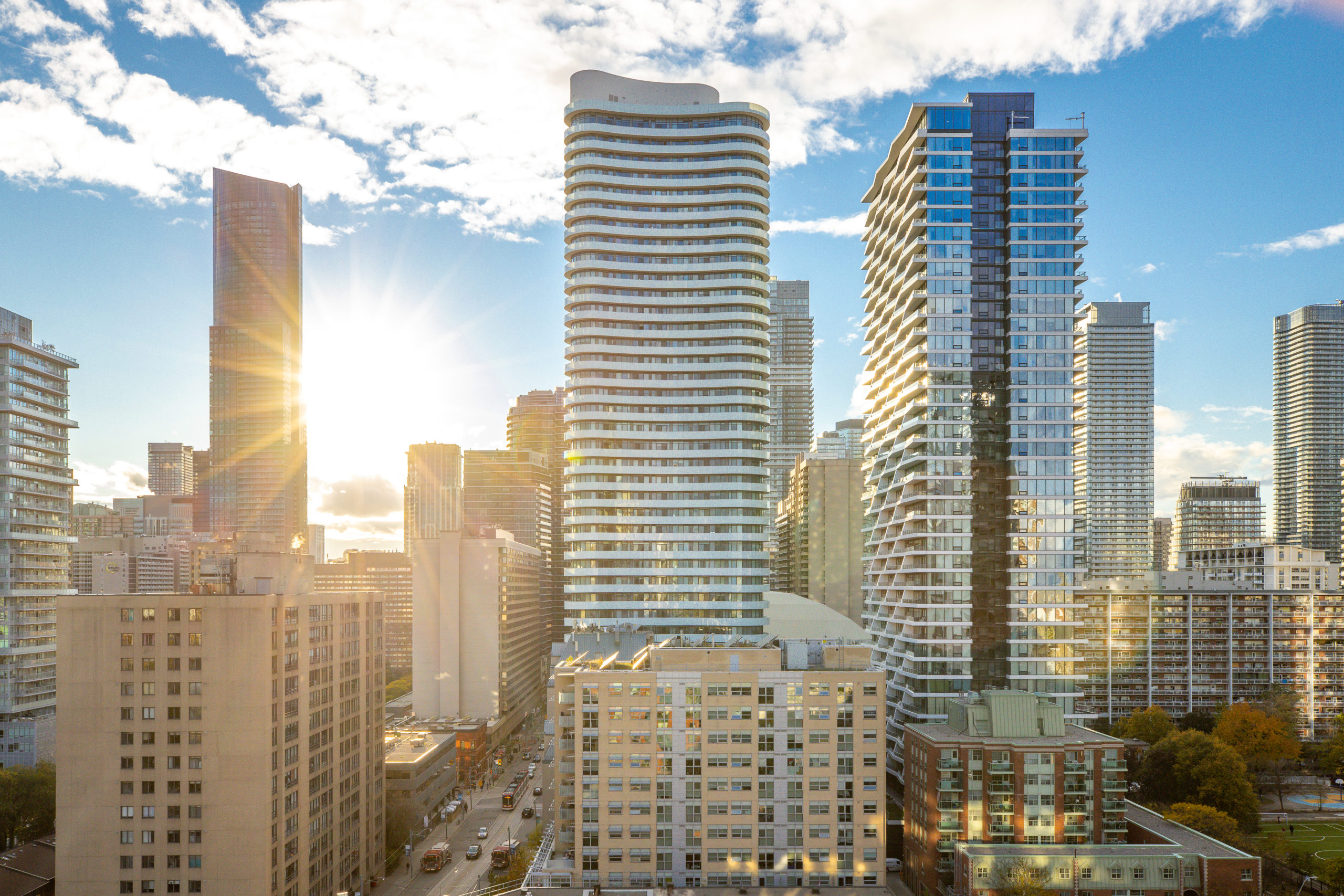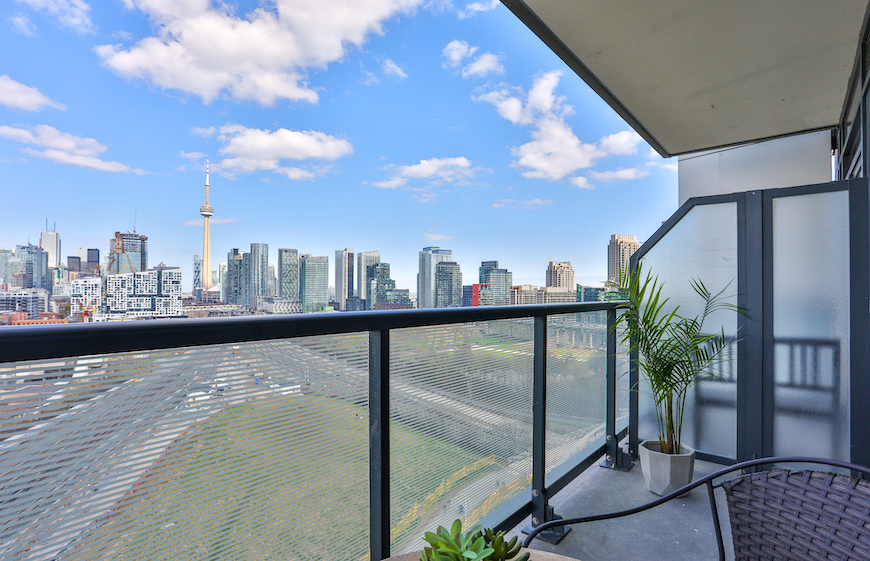Has The Toronto Bubble Finally, Popped?

Toronto will continue to have runaway Real Estate prices due to shortsighted and short-term policy thinking. And all in the name of ” affordability.” City Councils’ recent passage of “inclusionary zoning” is a prime example.
The definition of insanity is doing the same thing over and over again and expecting a different result. Over the last two decades, affordability in Toronto’s housing prices has been a hot-button topic for politicians at all levels of Government. You would be hard-pressed to find a real estate market with more policy interventions with the stated intent of “affordability.” Yet, most of these policies have had the opposite effect, only ensuring that prices will continue to rise long term.
In the most basic terms, prices in Toronto have continued to grow because supply cannot and has not been able to keep with demand causing a continual upward pressure on pricing that never seems to dissipate. The sustained failure in all levels of Government to create intelligent policies and incentives to open supply (instead of constricting) is the primary culprit for the affordability issues the Toronto Real Estate market is experiencing. However, it’s easy and politically expedient for politicians to point fingers. Despite all the fingerpointing, runaway real estate prices are not the result of immigration, foreign buyers, or greedy developers. You cannot tax or regulate your way into affordability without thinking through the long-term consequences of such decisions. However, most politicians are too shortsighted or value their self-interest over the long-term well-being of the constituents they represent.
In the name of housing affordability, the almost unanimous recent passage in the city hall of the inclusionary zoning bill is a prime example of a shortsighted policy aimed at scoring political points rather than addressing the underlying issues affecting affordability here in Toronto. The new legislation, effective Fall 2022, will compel developers when building in proximity to transit stations to make 5-10% of the units affordable. This allocation will increase in 2030 to 8-22%. In spirit, this policy has had a positive effect in other jurisdictions; however, in its current form, this legislation may have the opposite intended effect of curtailing much need affordable coming online.
In other municipalities, the Government has partnered with developers to help offset the cost of building affordable housing by increasing density to allow for more units or offsetting development charges to help disperse some costs. Toronto has chosen to go with straight legislation in its infinite wisdom, and the city is not willing to offer developers any concessions. Pure insanity, in my opinion. Essentially this will amount to a new tax on new homes to be incorporated into market prices. Let’s consider this for a minute!

According to David Wilkes, President and CEO of the Building Industry and Land Development Association (BILD), “The city’s inclusionary zoning proposal will add yet more costs for new homeowners — on average, $61,000 more per one-bedroom unit. ”
Mr. Wilkes points out that 25% of the cost of a new housing unit in the GTA consists of government fees, taxes, and charges which already amount to roughly $186,000 in taxes and fees added to the cost of a new one-bedroom condominium in Toronto. These development costs will be passed on to the new home buyer adding as much as 10% on all new homes built close to transit. Who is going to pay for this new affordable housing? You and me? Or maybe not?
In a semi-capitalist society like Canada, many politicians and policymakers fail to realize that capital is fluid and constantly seeking the greatest return on investment while taking on the least risk. While Real Estate development can be highly lucrative for the developers, money can move elsewhere if costs get too expensive or the process is deferred by bureaucracy and red tape. If building within inclusionary zones becomes too costly or out of line with market realities? Developers will look at construction and density opportunities outside inclusionary zones or maybe even the GTA altogether.
We need more and less expensive housing. The recent passage of this inclusionary zoning policy is another example of why prices in Toronto are doomed to continue to climb both short and long term pushing the goal of creating more affordable housing even further out of reach. It’s sad, but it’s true.
The question is, what are you going to do about it?


—
This article is written by Ralph Fox, Broker of Record and Managing Partner here at Fox Marin Associates. Ralph is a Torontonian native who recognized from an early age that the most successful people in life apply long-term thinking to their investments, relationships, and life goals. It’s this philosophy, along with his lifelong entrepreneurial drive and exceptional business instincts that help to establish Ralph as a top agent in the real estate market in downtown Toronto.